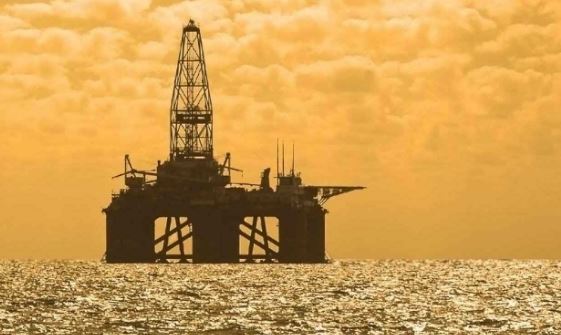
Now that we know there is oil, what do we intend to do to protect the massive inflow of revenue

Given the lively public debate around Reconnaissance Africa’s oil exploration and exploits in the Kavango, it came as a solid counterweight when early in February, Shell and partners, announced they have actually discovered light oil offshore in Block 2913A in the Orange Basin.
Since there is growing evidence of working oil systems in the Kalahari Basin, i.e. dryland, and since a working oil system has now been proven offshore, it is not farfetched to assume that more will follow and that Namibia is on the cusp of joining the world’s oil-producing countries.
But the recent oil claims, both actual discoveries and promising systems, are not entirely new. Late in 1991 when there was somewhat of a frenzy for offshore concessions among the oil majors, I had an interview with the then Minister of Finance, the inimitable Gert Hanekom. Stacked on his window sill on the sixth floor of the finance ministry building, was a row of perhaps 25 to 30 small bottles each containing what looked like dark mud.
This was explained to me as tangible proof that Namibia has the potential for working hydrocarbon systems. The bottles contained drilling samples and these have been collected in relatively shallow water but at considerable depth. Laboratory analysis then showed the presence of hydrocarbons at such concentrations that is was only a matter of time before a working system was penetrated.
Well, as we all know, that ‘matter of time’ has become nearly thirty years but something Hanekom said at that meeting has stuck with me for all these years. These wells, he said, will be sealed and marked with radioactive beacons, and only in about 30 years when they have need for Namibian crude, will the extractive wells be drilled. To this day his words make me wonder what is going on down there on the sea bottom.
Nevertheless, since it seems we are on the brink of becoming an oil producer and seeing that the government is thick and fast into the scene through Namcor, I was wondering what are we going to do with all the petro dollars. Then I happened upon a snippet in Wikipedia which immediately pointed to a sound way of investing our petro profits while at the same time, preventing any or all fatcats from stealing it (which I believe must be a key consideration in deciding how we invest).
Under the title, the Government Pension Fund of Norway, I found the most interesting and inspiring story of how one country uses some of its oil wealth to provide for its citizens. As it turns out, the Norwegian Government Pension Fund actually comprises two separate sovereign wealth funds owned by the Norwegian government.
According to the Wikipedia entry, the larger, the Global Pension Fund was established in 1990 and currently holds more than US$1.35 trillion in assets, or the equivalent of about US$250,000 per Norwegian citizen. Note that it is all citizens, not only government employees.
This provides us with an excellent example of what to do with our future oil revenues. We place it under management of the Government Institutions Pension Fund and we launch our own sovereign wealth fund.
Then we have a reasonable guarantee that it will be safeguarded and protected and properly invested. Furthermore, we take the 28-year dragging National Pension Fund away from the Social Security Commission and operationalise it under the GIPF with a proper mandate to be capitalised from the proceeds of the oil-based sovereign wealth fund.
This should protect the oil revenues from those people who are already scheming how to position themselves for a nice fat cut from this new source; we get the national pension fund off the ground, and we ensure proper value for all Namibians now, and proper pensions for the future. And if we are successful in protecting the fund’s value (as we should be) then we can even concede to the demands of the Basic Income Grant lobby and let every single Namibian have his or her small slice every month.










































